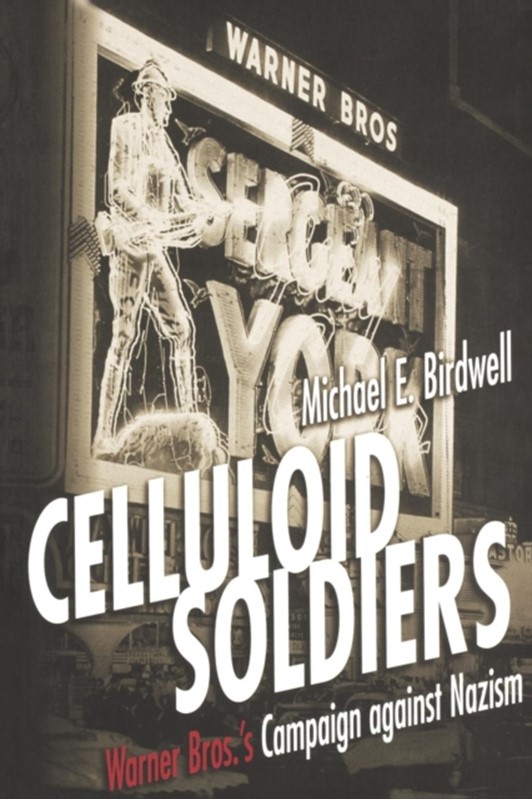The Little Old Lady Killer - Susana Vargas Cervantes - Bog - New York University Press - Plusbog.dk
The surprising true story of Mexico’s hunt, arrest, and conviction of its first female serial killer For three years, amid widespread public outrage, police in Mexico City struggled to uncover the identity of the killer responsible for the ghastly deaths of forty elderly women, many of whom had been strangled in their homes with a stethoscope by someone posing as a government nurse. When Juana Barraza Samperio, a female professional wrestler known as la Dama del Silencio (the Lady of Silence), was arrested—and eventually sentenced to 759 years in prison—for her crimes as the Mataviejitas (the little old lady killer), her case disrupted traditional narratives about gender, criminality, and victimhood in the popular and criminological imagination.Marshaling ten years of research, and one of the only interviews that Juana Barraza Samperio has given while in prison, Susana Vargas Cervantes deconstructs this uniquely provocative story. She focuses, in particular, on the complex, gendered aspects of the case, asking: Who is a killer? Barraza—with her “manly” features and strength, her career as a masked wrestler in lucha libre, and her violent crimes—is presented, here, as a study in gender deviance, a disruption of what scholars call mexicanidad, or the masculine notion of what it means to be Mexican. Cervantes also challenges our conception of victimhood—specifically, who “counts” as a victim.The Little Old Lady Killer presents a fascinating analysis of what serial killing—often considered “killing for the pleasure of killing”—represents to us.

















































